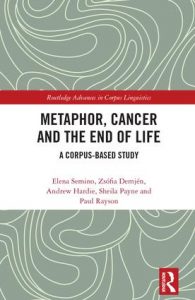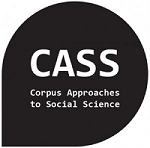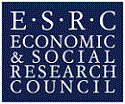The language that we use to talk about cancer, dying and death is often metaphorical: people ‘fight’ their cancer, ‘win’ or ‘lose’ their ‘battle’ against it, hope for a positive end to their cancer ‘journey’, and so on.
Metaphors are useful tools to talk and think about complex, subjective and sensitive experiences in terms of simpler, concrete and more image-rich experiences. Each metaphor, however, involves a particular framing of the experience we talk about: in the ‘battle’ metaphor for cancer, the disease is an enemy; in the ‘journey’ metaphor, it is usually the road we travel on. When they work well, metaphors can be enlightening, comforting and empowering. When they work badly, they can be confusing, upsetting and disempowering.
This project studied the metaphors used in interviews with and online forum posts by people with advanced cancer, family carers looking after someone with cancer, and healthcare professionals working in end-of-life care. We combined manual analysis and corpus linguistic techniques to identify and analyse thousands of instances of metaphor use in the data. Our findings have implications for metaphor theory and for research and practice in health(care) communication.
On this website, you can find links to our publications, blogs, videos, media appearances and the ‘Metaphor Menu for people with cancer’ – a resource based on our findings that you are welcome to comment on and contribute to.






Comments are closed, but trackbacks and pingbacks are open.